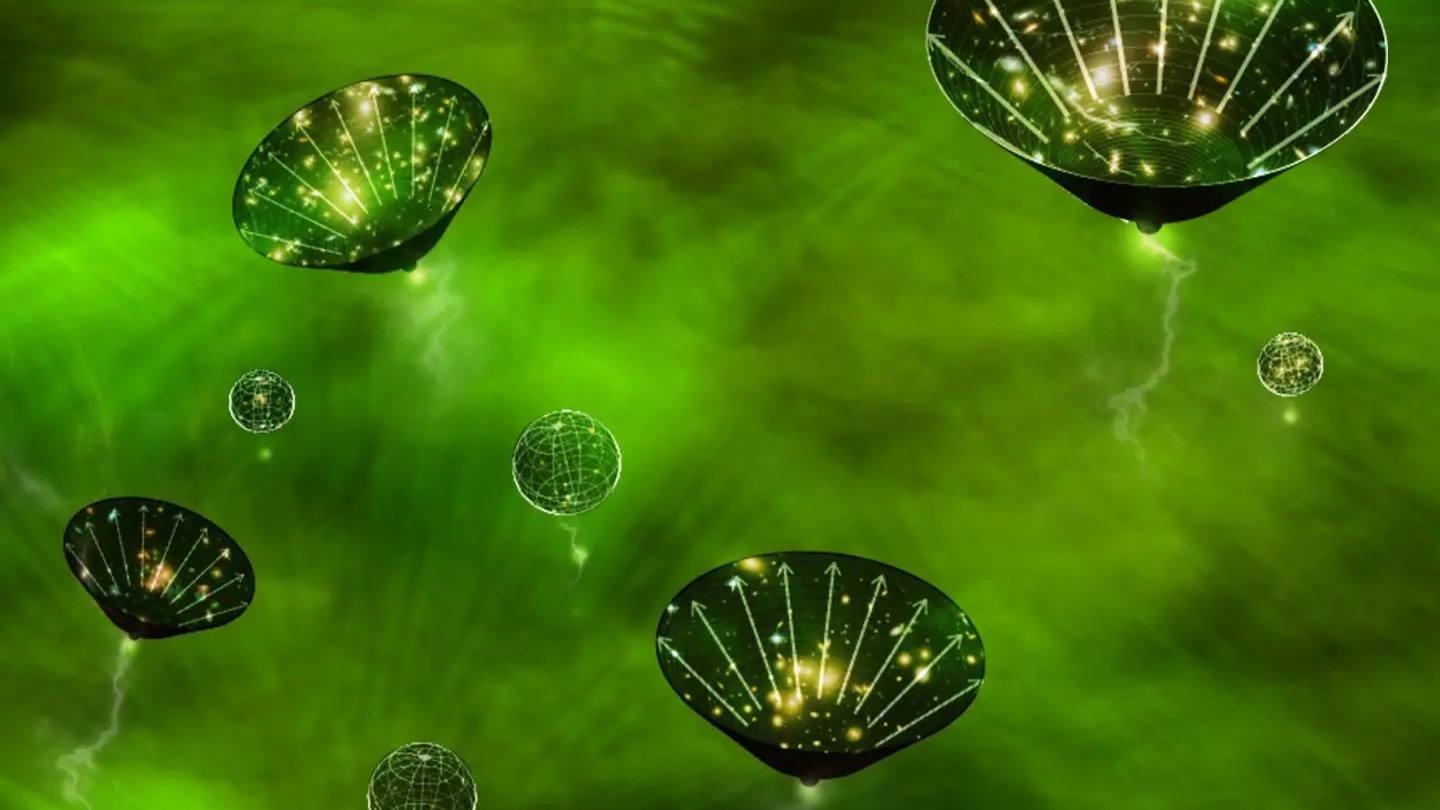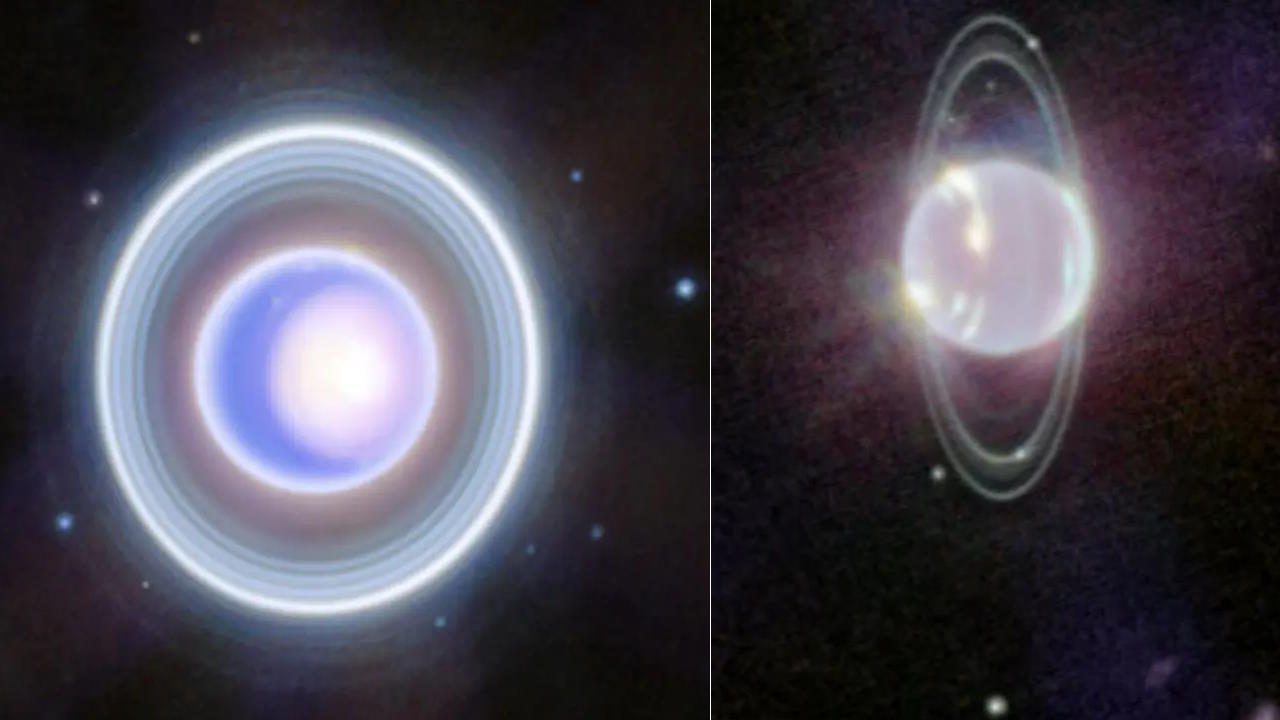Due to its high visibility, NASA has a far greater impact than what its budget might suggest. Fully funding NASA will stoke a pipeline of scientists and engineers as never before, and stimulate an entire nation to dream about tomorrow.
Question: How would you advise NASA moving forward?
DeGrasse Tyson: My advice is not to NASA, my advice is to the general public and congress. That there is no greater force of nature than NASA in stoking a pipeline of interested students who, one day, want to become scientists and engineers. It’s that simple. You walk into an 8th grade classroom and the kids, 8th grade science class, not one of them will ever say to you, when I grow up, I want to be an NIH researcher or I want to be an NSF researcher. They may, one day, be that but those 2 agencies, as important is the science that they do, do not have a force. They don’t come along with a force that operates on the ambitions of students. NASA does because NASA is visible far beyond the budget is allocated. You know this because if you ask people who’d say, why we’re spending money up there and not down here, asking how much you think we’re spending up there… Here’s your tax dollar, how much? The same 10%, 15%, maybe only 5%. And then, you say, we spend six-tenths of one penny out of your tax dollar up there. They say, I didn’t know that. That’s the visibility factor. This much money buys this much visibility. And it’s that visibility that operates on students within the educational pipeline. And what you need is not NASA doing the same ol’ same ol’, all right? You want NASA with a grand vision in front of it. That everybody can look at [IB] that’ll help stimulate an entire nation to dream about tomorrow as we all once did but, now, no longer do. Nobody makes that happen the way NASA does. So I would say I want to fully funded NASA. Every… All the dreams we have put on its plate that, now, can’t accomplish because the funding is incommensurate with the mission statement. You fully flush out the mission statement with the money as well. You will stoke a pipeline of engineers and scientists as never before.
Question: What space initiatives most excite you?
DeGrasse Tyson: Normally, we think of NASA as what is your mission today, where you’re going. And I think, well, I don’t want to make the same mistake we made in the Apollo era where Kennedy said, “We’re going to the moon.” Well, then we got to the moon. And then, you say, okay, what’s next? And there is no other plan. There was… will stay on the moon for… Where else we’re going? Well, no one thought about that because all of the hardware, the engineering, the science streamlined the moon as a target. So, to do this right, what you want is not a target, what you want is an enterprise. An enterprise is we are space fairing. And if we’re space fairing, then all these destinations are in the portfolio. First, with robots… First, telescopically, then with robots. And then, if necessary or if there’s some value to it, we send people after the robot. But don’t include the moon, Mars, asteroids. Some asteroids have us in their sights. Be nice to sort of go near them and find out what they’re made of, possibly tag their ears so they’re always broadcasting to us their location. In case one of their trajectories head straight for us, we’ll know well in advance to do something about it. There’s a lot to do in space. I want to learn more about the greenhouse effect on Venus, about whether there was life on Mars, about the environment in which Earth and the Sun is immersed, the behavior of the Sun. We still can’t predict the day-to-day behavior of the Sun. We have something called space weather now, which monitors particles that stream off from the Sun. That’s a whole frontier, didn’t exist a few decades ago. We knew about it but we couldn’t measure it, couldn’t do anything about it. So I see NASA as our… the extension of our senses into space. ‘Cause Earth is not an island, Earth is a participant in our cosmic environment. And the more you think… I only have to look down, the more doom you are because of the environment in which we’re embedded. You look down, all the asteroids coming behind you and you miss it. By the way, NASA and its programs includes, now, astrobiology, astrochemistry, planetary geology. Look at that. In our space frontier, we have geologist, chemist, and biologist, 3 of the 4 traditional sciences all represented in the NASA portfolio. So you’re going to get all the scientists there are, that there can be coming out of school. You’re going to get the best ones… In fact, because NASA will have the coolest projects and the best students are attracted to the coolest projects.






